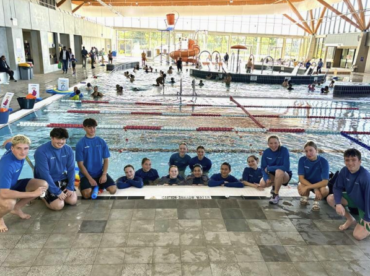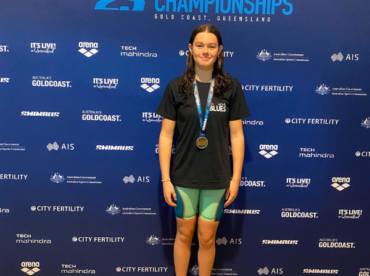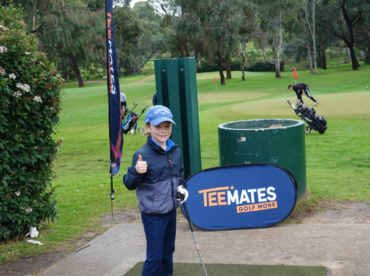The Copper Coast is 150kms north-west of Adelaide’s CBD and consists of three main towns, Kadina, Wallaroo and Moonta. The population of around 19,000 people has some great disability services including but not limited to, Bedford, CARA, Home Care Plus, Regional Disability Support, Minda Disability Support and Novita.
Copper Coast Sports & Leisure Centre work closely with The Copper Coast Council to ensure they are prioritising wellbeing and connecting community to leisure. Copper Coast Sports & Leisure Centre Manager, Amanda Carmichael told us “all the disability support services in our region utilise the venue in one way or another. Whether it is involved in our Sports Ability Program, Disability Swim Sessions or personal and group gym training sessions.”
“I think our best example is our Sports Ability Program. After consultation with the groups in the disability sector such as Bedford, CARA and Home Care Plus, we highlighted the need for a specific program for people to attend. This is how Sports Ability came to life at CCSLC. The sessions are an hour in length held on one of our basketball courts. The session is designed and programmed to offer opportunities for all to become involved focusing on but not limited to social Interaction, fundamental movement, hand-eye coordination and game sense interaction,” Amanda explained.
Initially, the sessions at Copper Coast Sports & Leisure Centre started with one session per week with 10 attendees, and are now 3 sessions per week with 15 attendees. Sessions have also expanded with disability swimming sessions twice per week.

Pictured is Andy Miller, a Copper Coast Sports & Leisure Centre member and Kevin Wehliet a full-time team member.
Sports Ability Program Outcomes
The venue has seen some great outcomes from the Sports Ability Program in action. Phoebe is a Bedford attendee who is known to staff for her bursts of excitement as she enters the venue for her sessions. Phoebe suffers from Angel Syndrome and has been wheelchair-bound her entire life. In her sports ability sessions, Phoebe’s carer assists her to get out of her chair and she pulls herself around on the floor and involves herself in each of the activities which she loves.
Cody and Nick have also had an increase in their range of movement from attending the sessions. Cody has intellectual and physical disabilities and Nick has Cerebral Palsy. Before attending the sessions they would struggle to pick items up, now they are able to hold items in their hands, and are reaching out to grab things. They have had a huge improvement since joining our sessions and are just some examples of the amazing outcomes from the disability services offered at Copper Coast Sports & Leisure Centre.
Inclusion and diversity should be an important part of all communities but is particularly important in smaller communities due to the location. Amanda explained, “we are 150mks away from Adelaide, and have been able to offer services, support and activities at our venue which means that people don’t have to travel.”
“It is also just a part of what we do, everyone who walks into our venue is treated the same and we offer our programs as we would to anyone in the community. However, if some people have specific needs we find a way to adapt and make our programs work for the individuals.” Amanda concluded.
For other venues looking to engage their local communities in the diversity and inclusion space, Amanda suggests a couple of key strategies used for their own success in this space.
- Engage – We took the time to meet with the key services in our area, Bedford, Home Care plus etc to see what we could offer to meet the needs of their clients. From there, our programs have been formed.
- Engage – We also have great relationships with local carers, who either use the venue themselves or bring people along. By listening to the carers who work with these groups every day we gained further understanding of where the need was for our programs.
- Inclusive – as mentioned previously we treat everyone the same, we offer our programs to anyone, and adapt them as we see fit. Nothing is too hard, or too difficult, or to different for us to deal with.




